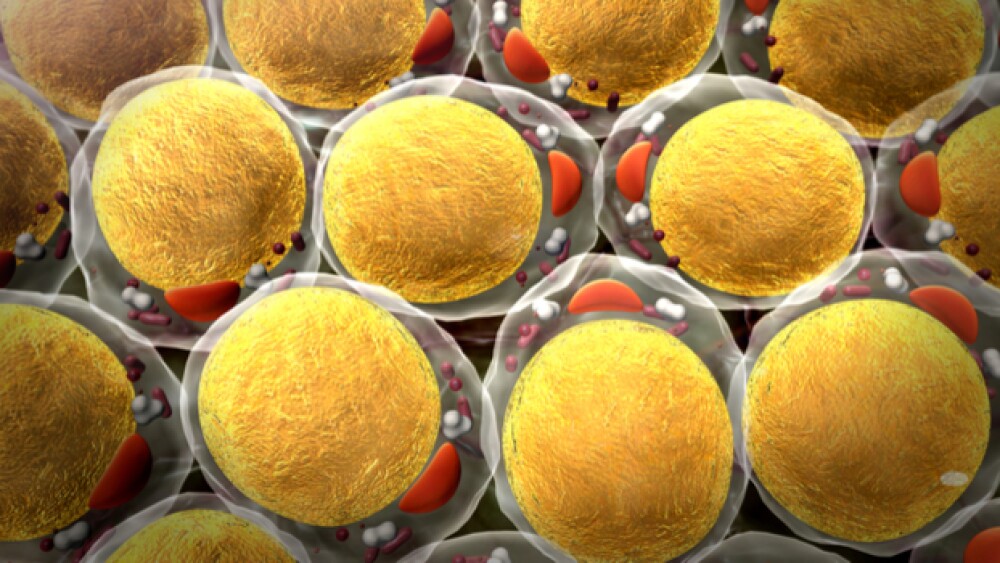For millions of people across the globe, cholesterol has become a significant health issue. It also turns out that cholesterol can be a problem for some cancer cells.
For millions of people across the globe, cholesterol has become a significant health issue. It also turns out that cholesterol can be a problem for some cancer cells.
New research coming from Rockefeller University reveals that a rare tumor type is unable to synthesize cholesterol, which is something that cells need to survive. The discovery was made after researchers began to look at ways to cut off tumors from the nutrients needed to survive and thrive. Kivanc Bisroy, the Chapman Perelman Assistant Professor at Rockefeller, said the cancer cells in this tumor type he was investigating become dependent on taking up cholesterol from their environment. He said that dependence on getting cholesterol from other sources can be exploited by designing therapies that block cholesterol uptake. Bisroy and his team of researchers reported their findings in Nature magazine, the university reported.
Bisroy and his colleagues began to take a closer look at cancer cells and cholesterol due to the fact that some cancers have been known to lose the ability to make key nutrients to survive. In its announcement, the university noted that some types of leukemia are unable to synthesize asparagine, an amino acid. To treat this type of leukemia, doctors will treat patients with a medicine that breaks down the amino acid and removes it from the blood. Without asparagine, the cancer cells will die.
According to the university, the researchers used a “competitive proliferation assay on a pooled collection of DNA-barcoded cell lines to identify a subset of cancer cells that is auxotrophic for cholesterol and thus highly dependent on its uptake.” As part of the research, the scientists placed 28 different cancer cell types in an environment that lacked cholesterol, and noted which ones survived. Cancer cells that are associated with a type of leukemia known as ALK+ anaplastic large cell lymphoma (ALCL), did not survive in these conditions, the university said. That suggests these cells cannot synthesize cholesterol on their own.
“These cells become dependent on taking up cholesterol from their environment, and we can use this dependency to design therapies that block cholesterol uptake,” Birsoy said in a statement.
Using CRISPR to analyze gene expression data, the Rockefeller University team pinpointed the loss of an enzyme called squalene monooxygenase. That enzyme is the cause of cause of cholesterol auxotrophy, particularly in ALK+ ALCL cell lines and primary tumors, the researchers reported.
In the Nature article, the researchers said: “Squalene monooxygenase catalyzes the oxidation of squalene to 2,3-oxidosqualene in the cholesterol synthesis pathway and its loss results in accumulation of the upstream metabolite squalene, which is normally undetectable. In ALK+ ALCLs, squalene alters the cellular lipid profile and protects cancer cells from ferroptotic cell death, providing a growth advantage under conditions of oxidative stress and in tumor xenografts,” according to the university statement.
The researchers said a buildup with squalene could be beneficial to cancer cells.
“These cells need to deal with oxidative stress in their environment. And we believe squalene is one way to increase antioxidant capacity,” Bisroy said in a statement.





